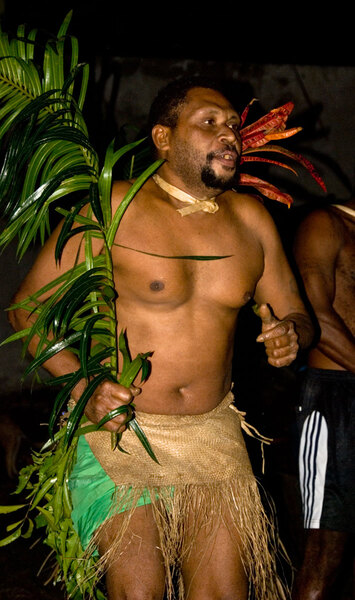I recall in Vanuatu that "no" is the universal answer to almost any question or comment to avoid misunderstandings and maintain a bit of privacy. In these situations it is mostly used to stop the conversation from going further. Every question has to have an answer even when one does not want to answer very personal questions to complete strangers outside the village or on the street. When this happens, "no" is the polite way to extricate oneself from the conversation.
Here "Yes" is used often to avoid temporary misunderstandings and keep the peace. Its a path of least resistance that allows relationships to move forward. I have seen many people, both Korean and foreign, use this masterfully. My date this evening came over to my house and needed to buy me a gift, because it is customary, so we went to the 7-11 down the street from my house. The lady behind the counter began a conversation with her. When I asked what that was all about she said that the lady behind the counter was asking her for something but she did not understand what or why she was asking for something from her so she just said "Yes, but I have to go because the 12 liters of water I am holding is heavy." After that we left.
One needs to understand that there will be times when they need to say it, mean it, and deliver and times when it is just easier to say it to avoid further discussion. In many ways I said "yes" to the gas sniffing lady just to get her to stop yelling at me in a foreign language I do not understand. It was fairly painless and now I know how to avoid her, just like the rest of my apartment building does, with the exception of the other sucker downstairs from me--I expect he will learn to not answer his door also.
Saturday, October 6, 2007
Subscribe to:
Post Comments (Atom)
Nam Tasa's Chief

The custom dance Chief Caspar and his clan performed prior to Nam Tasa's departure from Vanuatu. This is where and when Nam Tasa recieved his custom name from the Banks Islands in Vanuatu.

No comments:
Post a Comment